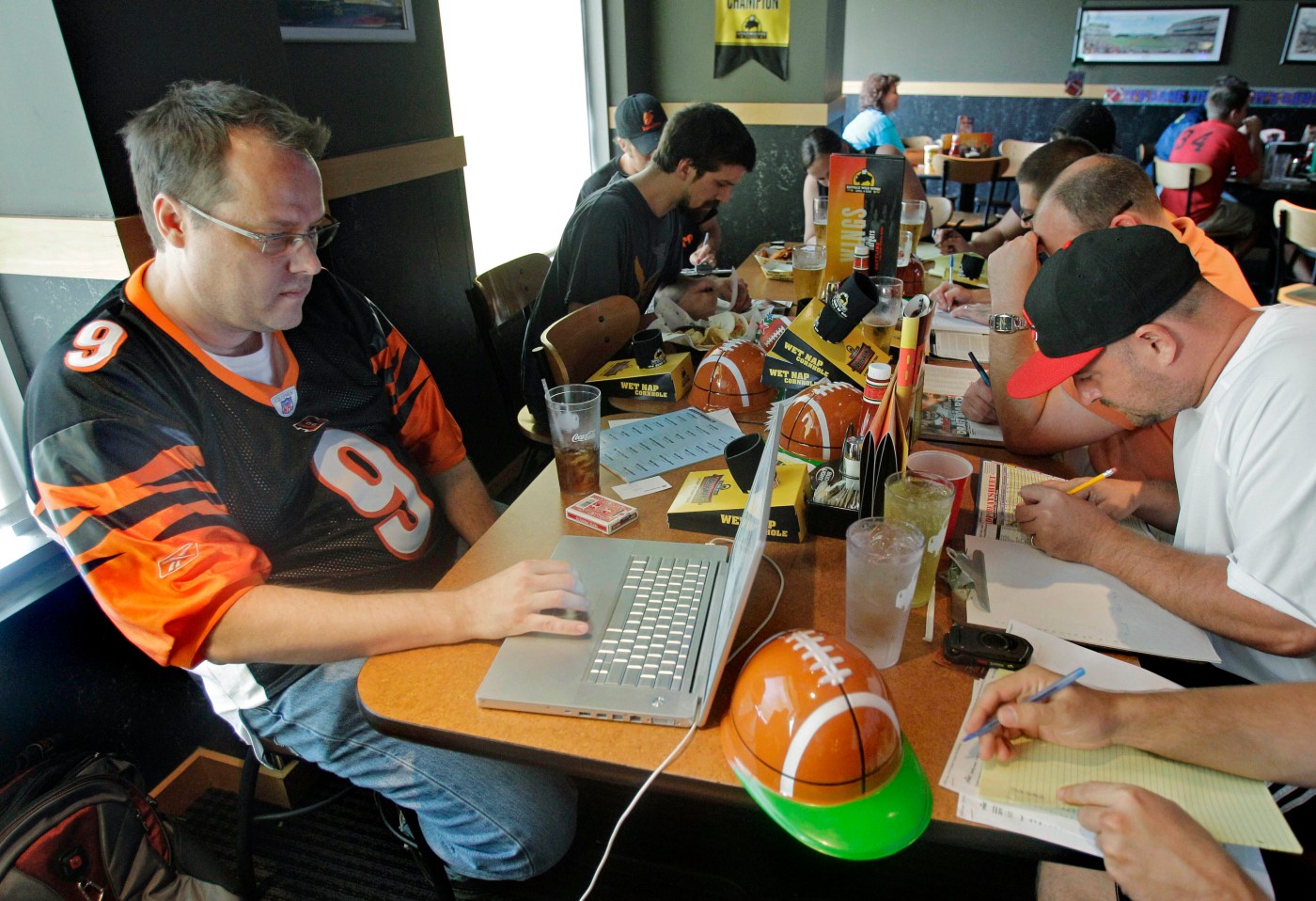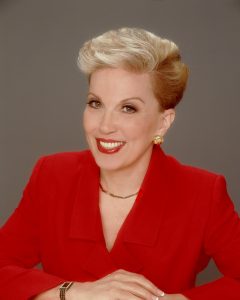
Wenzel: Will regulators take your fantasy sports away?
There are two ways to get rich.
You can beat the competition by working harder and finding better ways to serve the consumer by lowering prices or offering a better product.
Or you can lobby the government for favors, whether it’s a taxpayer subsidy or outlawing your competition.
Alas, we have seen hundreds of examples of businesses trying to get rich by using the power of the state instead of working to outperform the competition. Inefficient American sugar farmers keep out foreign competition through tariffs. Taxi lobbies work tirelessly to ban Uber or regulate it to death. Cronies use their friends in government to restrict their competition through job licensing. It takes a mere 300 hours of training to become an EMT and save lives. But it takes 1,600 hours — or a full year of work — to become a licensed hairdresser, as state boards of cosmetology lock down the industry.
The most recent example has come in the fantasy sports industry.
Recently, a handful of gaming commissions nationwide began classifying many of Americans’ favorite daily fantasy sports games as illegal gambling. They then sent cease-and-desist letters to fantasy sports operators, despite some of them telling the media last year that the same companies that offer the targeted games in question were valid and licensed.
The only thing that appears to have changed between now and then is that Big Gambling turned to dirty tricks and began lobbying to outlaw their competitors’ fantasy sports offerings.
DraftKings and FanDuel — the wealthiest, biggest and oldest fantasy sports operators — have turned to the power of the state instead of working on good old-fashioned business superiority to crush their competition.
Legal precedent indicates that to be a fantasy sports game (as opposed to a gambling operation), the game must be skill-based, based on the statistical performance of real-life sports players, and not hinged upon the performance of any one single athlete. DraftKings and FanDuel’s competitors meet all these criteria. That is why they have operated without a hitch for years.
Unfortunately, when it comes to politics, lobbying and cronyism can quickly replace legal precedent, common sense and fairness.
News reports have shown that some of the legislators, gaming commissioners and state attorneys general with whom DraftKings and FanDuel’s lobbyists have begun corresponding took near-immediate action against their fantasy competitors without a public investigation or hearing the other side of the story. This seeming complicity may work for DraftKings and FanDuel’s bottom line, but it does not work for consumer choice or the health of the market.
Super Bowl season showed just how passionate Americans are about their sports at the state and national levels. Daily fantasy sports have allowed 20% of adult Americans to engage even more closely with a beloved hobby. Fantasy games deserve to be left alone by lawmakers and regulators rather than to be bullied by the government on behalf of an anti-competitive duopoly.
Nikolai G. Wenzel is an economics professor who serves on the Board of Scholars of the Foundation for Economic Education/InsideSources


